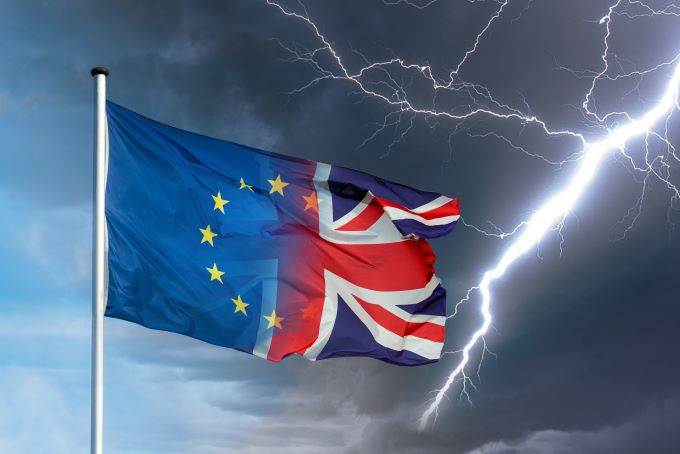 Traditionally, the election of a right of centre party such as the Republicans in the USA of the Conservatives in the UK provides a boost to both the stock market and the currency. This is because investors associate these parties with sound economic policies designed to be business friendly. Brexit and Mr Trump’s foreign trade policy may be shaking this premise, however, as a first approximation, it holds true.
Traditionally, the election of a right of centre party such as the Republicans in the USA of the Conservatives in the UK provides a boost to both the stock market and the currency. This is because investors associate these parties with sound economic policies designed to be business friendly. Brexit and Mr Trump’s foreign trade policy may be shaking this premise, however, as a first approximation, it holds true.
Whilst many pundits imagined that the UK election would be a much closer run thing resulting in a hung parliament that would keep alive the chance of the UK’s remaining in the EU, many investors were happy to see an end to uncertainty (they are likely to be disappointed). On the back of Johnson’s election victory, the Pound rose to $1.351. Since Johnson took over from Theresa May in July, the Pound has risen from a low of $1.2022 (August 11th) as investors dismissed worries of “no deal” Brexit (courtesy of the Benn Act) and then celebrated the fact that Johnson agreed a deal with the EU.
As we reported yesterday, Johnson’s Conservatives are planning to amend the EU Withdrawal Bill to effectively outlaw any further extension to the transitional period which will kick in once the bill becomes law. One assumes that the reasoning behind this is that the UK government sees maintaining the threat of a ”no deal Brexit” as its strongest bargaining chip to get a good free trade deal with the EU before the end of next year (a failure to reach an agreement by the end of 2020 would result in a “no deal” exit). The wisdom of this strategy both within dealings with the EU and as a model for other Free Trade deals that the UK hopes to strike with nations around the world is open to debate: blackmail is an ugly word.
The reaction of forex investors to this move has been negative. The Pound has surrendered all of its post-election gains against the Dollar and is currently trading at $1.31096. Investors will not react well to UK brinkmanship during the closing phases of the trade discussions with the EU and the uncertainty is likely to dampen inwards investment into the UK until the post Brexit trade situation becomes clear.
